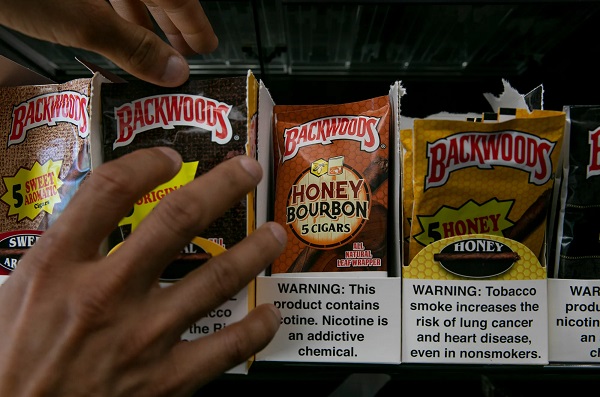Cleveland City Council Introduces Legislation That Bans The Sale Of Flavored Tobacco!
FEATURED PHOTO: CLEVELAND PUBLIC HEALTH DIRECTOR DR. DAVID MARGOLIUS

SignalCleveland.org, By Candice Wilder, Posted February 16th 2023
The legislation aims to decrease the smoking rate among adults, which is almost 300% higher than the national average!
Cleveland City Council introduce legislation tonight sponsored by the city’s health department that calls for a city-wide ban on the sale of flavored tobacco products, including menthol cigarettes and vape products.
The proposal is meant to help lower Cleveland’s smoking rate. An estimated 35% of Cleveland adults smoke, one of the highest rates in the nation according to a study done by the Prevention Research Center for Healthy Neighborhoods.
Cleveland Public Health Director Dr. David Margolius said that smoking is the leading cause of death in the city and is easily preventable. The department aims to raise awareness about the issue through branding and messaging, amplifying resources such as cessation programs.
“Cleveland has been left behind as other cities have improved their rates,” Margolius said. “We have the chance through this policy to save thousands of lives and increase the life expectancy of Clevelanders by up to 10 or 20 years.”

Maple Heights medical student Zoe Rodes urged Cleveland City Council last week to pass a law that would deter people from starting and continuing to use tobacco products.
“We all know that tobacco use decreases quality of life and has a steep economic cost, especially when you consider Medicare and Medicaid costs,” Rodes said.
The new law would require retailers to:
- Register for a tobacco retail license and pay a fee of $500 annually to sell tobacco products.
- Submit to an inspection by environmental health experts once a year.
- Stop selling flavored tobacco products, including menthol cigarettes and flavored vaping products.
Margolius estimates the law change would impact about 400 Cleveland businesses. The proposed legislation will likely go before council committees before the full body votes on it. If approved, the ban would go into effect 180 days after it is signed into law, which could be implemented before the end of 2023.

